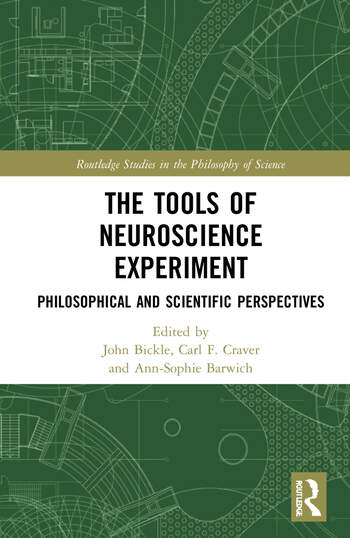What Is Old Is New Again: Tool Use and COVID-19, by Valerie Hardcastle
Valerie Gray Hardcastle Institute for Health Innovation Northern Kentucky University I agree that novel tool use is connected to significant conceptual and theoretical advancement in science. Indeed, I believe that technological advancement is the primary limiting factor in neurobiological theory development. But how it is connected can differ depending on …

